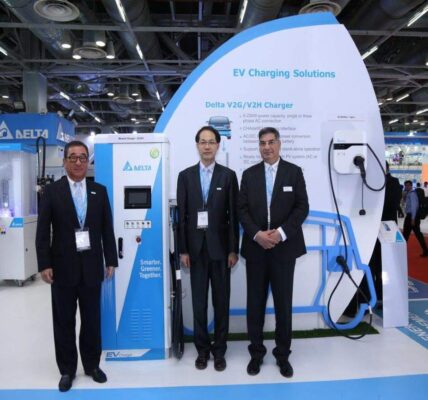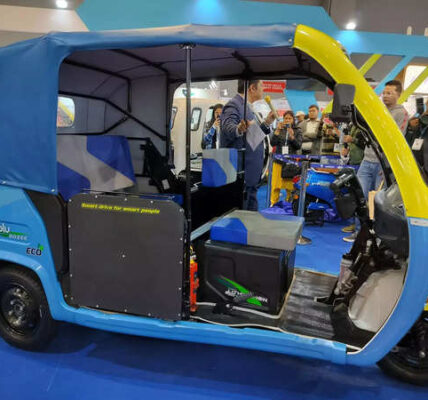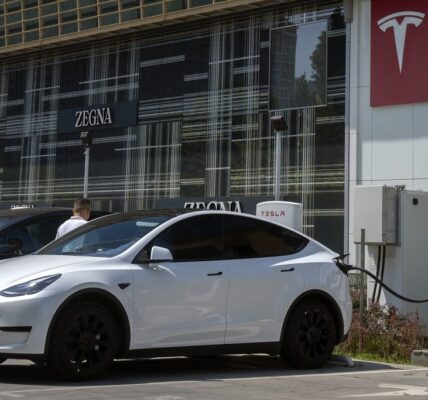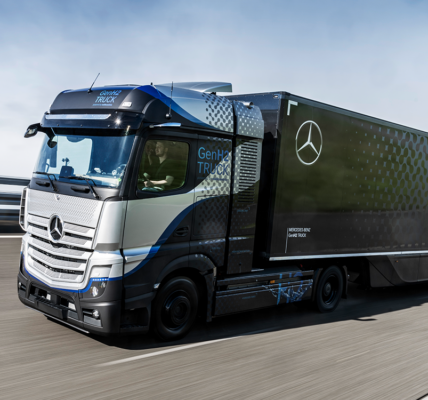French utility major EDF Energy is exploring business opportunities in the Indian market for electric vehicle (EV) charging infrastructure, hydrogen fuel and battery storage technologies, in line with its plans for the post-Covid-19 economy.
Technologies such as hydrogen fuel and battery storage are in mature stages in France, and the company sees great value for them in the process to decarbonise the energy sector in India.
Harmanjit Nagi, director and country head, EDF India, said they are trying to understand the specific use areas for their technologies in the EV charging infrastructure through their Pulse India programme. “We are also exploring opportunities in the hydrogen fuel market and battery storage space, such as, zinc and molten salt storage since we feel these technologies support the post-Covid-19 economy that is more decarbonised,” Nagi said.
EDF is already implementing around five million smart meters in the country as part of the Indian government’s drive to convert 250 million conventional meters into smart prepaid meters by 2022.
Nagi said they are looking at several tenders in the smart metering and distribution segment in Uttar Pradesh, Madhya Pradesh and Tripura. UP is coming out with a tender for one crore smart meters, while Tripura will issue a tender for 1,00,000 smart meters.
The power major has also selected a few Indian start-ups as their “future partners” in India to develop sustainable and resilient smart infrastructure, and e-mobility as part of their incubation programme. The start-up Nunam rehabilitates used batteries to ensure zero cyclic economy; Charge Zone creates EV charging software; Solavio operates and maintains solar plants using efficient robots; while Thermal creates mobile cold storage using PV panels to lease them to farmers.
The start-ups will get an access to various used cases within the EDF R&D centres and their digital platforms. They will also get multi-level support and hand holding from EDF.
“We are supporting only those companies that are promoting decarbonisation of the electricity sector. They can be our future partners in India to develop those technologies,” Nagi said.
EDF is also hopeful of getting the binding letter for the proposed 10,000 MW Jaitapur Nuclear plant soon, as it expects the technical convergence on various milestones with NPCIL. “Once the technical convergence happens, we will have the binding offer and the signing of the general framework agreement will happen. These are the next steps we are optimistically expecting soon,” Nagi said.
EDF is to build six reactors, each with a capacity of 1,650 MW each at the proposed plant near Ratnagiri in Maharashtra. When operational, it will be the largest nuclear generation park in the world with a capacity of 9,900 MW.







